FOR YOUR HEALTH: What to Do to Fight the Flu and COVID-19
 If you get COVID-19 or the flu, the faster you get proper treatment, the better your chances of a complete recovery.
If you get COVID-19 or the flu, the faster you get proper treatment, the better your chances of a complete recovery.
(NAPSI)—You may not know it, but chances are you have at least one risk factor that could make you vulnerable for serious complications from flu, COVID-19 and other dangerous diseases. Conditions such as diabetes, hypertension, heart disease, and lung diseases including asthma and COPD increase your risk. Other common factors including being overweight, obese, pregnant, and even age—being 50 or older—can put you at greater risk for serious illness.
The good news is, you can protect yourself and those you care about.
The bad news is, too many people are not doing everything they can. Doctors say there’s been lower-than-optimal vaccination rates this fall.
What Can Be Done
The better news is, while treatments are not a substitute, nor a replacement for vaccines, there are several antiviral treatments approved by the Food and Drug Administration (FDA) for people at high risk for serious illness from COVID-19 and flu.
Antivirals work by preventing the viruses that cause flu and COVID-19 infections from making copies of themselves and spreading through the body. As a result, they can help limit more serious symptoms and reduce the risk of hospitalization and death in high-risk individuals. Clinical trials have shown oral antivirals for flu can reduce the risk of hospitalization 60%, and a study from Yale found that the COVID-19 antiviral Paxlovid reduced hospitalization by as much as 89% for high-risk individuals.
Antiviral Treatments for COVID-19 and flu are available with a prescription from a healthcare provider or, in many cases, from a state-licensed pharmacist. And they are most effective when they are started as soon as possible after being infected—within 5 days after symptoms begin for COVID-19 and within the first two days for flu.
These life- and lifestyle-saving medicines, however, are also not used as often as they should be for several reasons:
• Gaps in patient and provider awareness.
• Financial barriers, with potential increased out-of-pocket costs post government programs.
• Equity issues, particularly in underserved communities. Black patients are 35.8% less likely to receive an antiviral than are white patients, according to the NIH.
• The digital divide, limiting telehealth access in rural or low-income areas.
• Misconceptions about antiviral effectiveness, delaying treatment.
How To Help Yourself
Don’t hesitate. If you have symptoms of COVID-19 or the flu, get tested and get treated. These drugs are most effective when they are started as soon as possible after being infected—within 5 days after the first symptoms of COVID-19 begin and within 2 days after flu symptoms begin.
As for cost and coverage, there are patient assistance programs, co-pay programs, and other plans to help ensure COVID-19 treatments will continue to be available at no or low cost for most individuals.
Plus, the CDC suggests, you may be able to avoid getting or spreading the viruses if, in addition to getting the vaccines, you:
• Avoid close contact with people who are sick.
• Keep frequently touched surfaces clean.
• Cover your nose and mouth with a tissue when you cough or sneeze. Throw the tissue in the trash after you use it.
• Wear a mask.
• Wash your hands often with soap and water. If soap and water are not available, use an alcohol-based hand rub.
• Avoid touching your eyes, nose, and mouth. Germs spread this way.
• Improve air quality at home by bringing in fresh outside air, purifying indoor air, or gathering outdoors. Cleaner air can reduce the risk of exposure to viruses.
Learn More
Additional information is available at cveep.org/treatments.


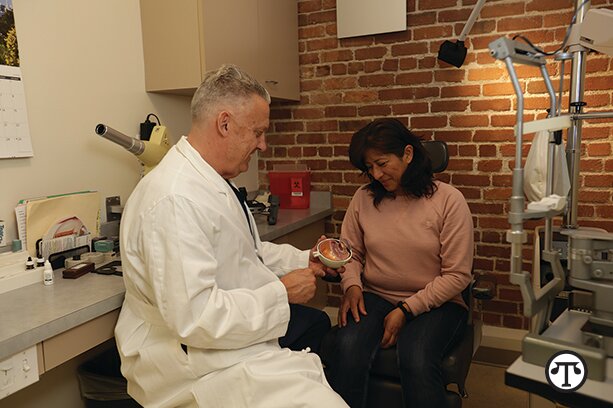 If you have diabetes, it’s wise to have your eyes checked by an ophthalmologist to make sure they’re not affected by the disease.
If you have diabetes, it’s wise to have your eyes checked by an ophthalmologist to make sure they’re not affected by the disease.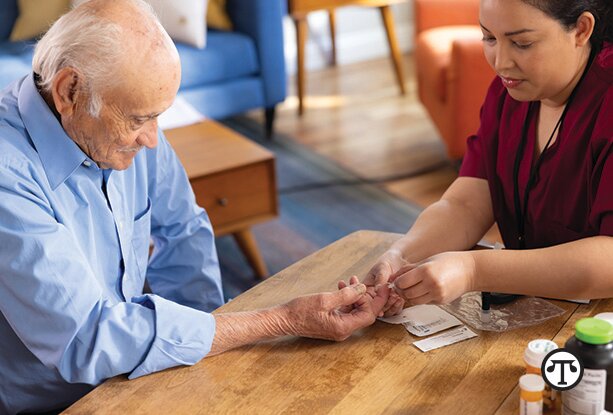 Early screening, lifestyle changes and personalized medical care can help you protect yourself from this life-altering disease.
Early screening, lifestyle changes and personalized medical care can help you protect yourself from this life-altering disease.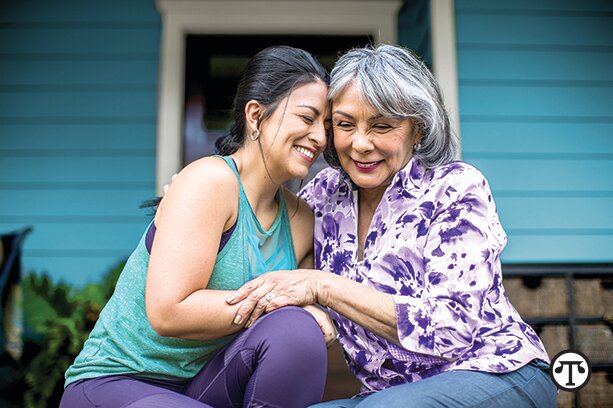

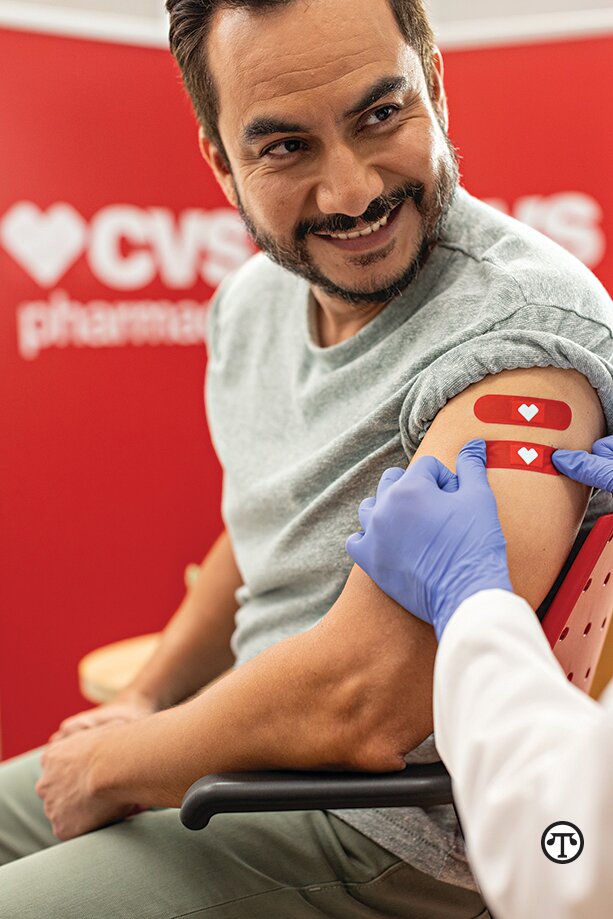 You can arm yourself and your family against respiratory illnesses that can ruin the holidays and much more.
You can arm yourself and your family against respiratory illnesses that can ruin the holidays and much more.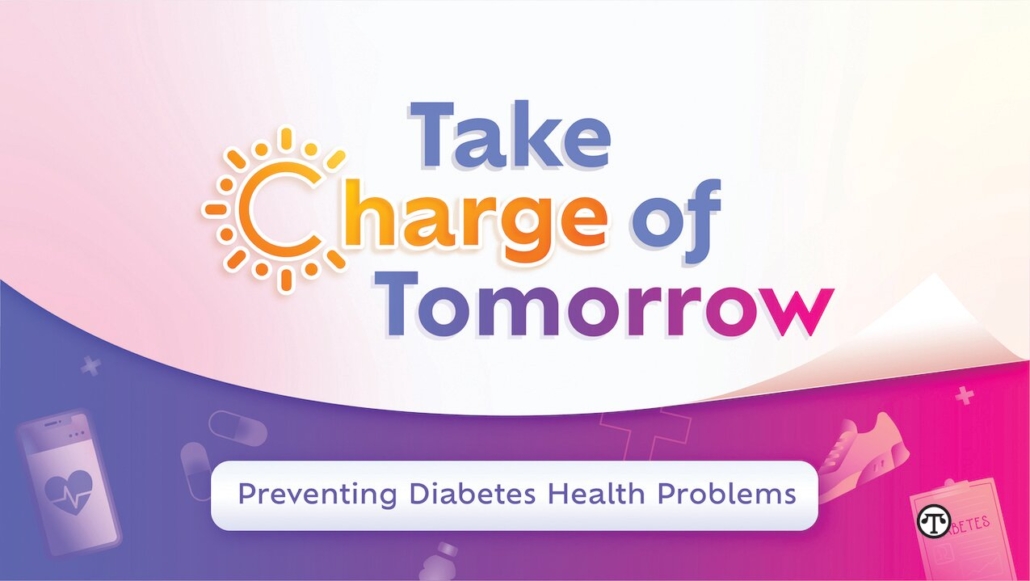 (NAPSI)—November is National Diabetes Month, when communities across the country spread awareness about diabetes.
(NAPSI)—November is National Diabetes Month, when communities across the country spread awareness about diabetes.

